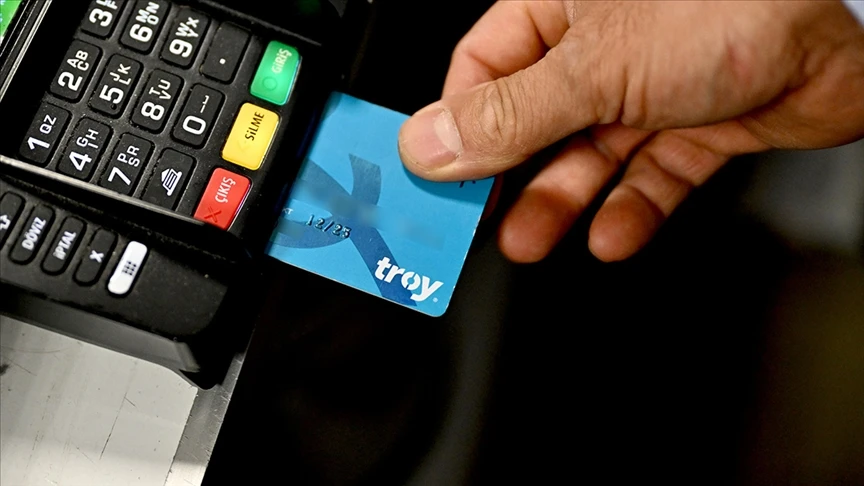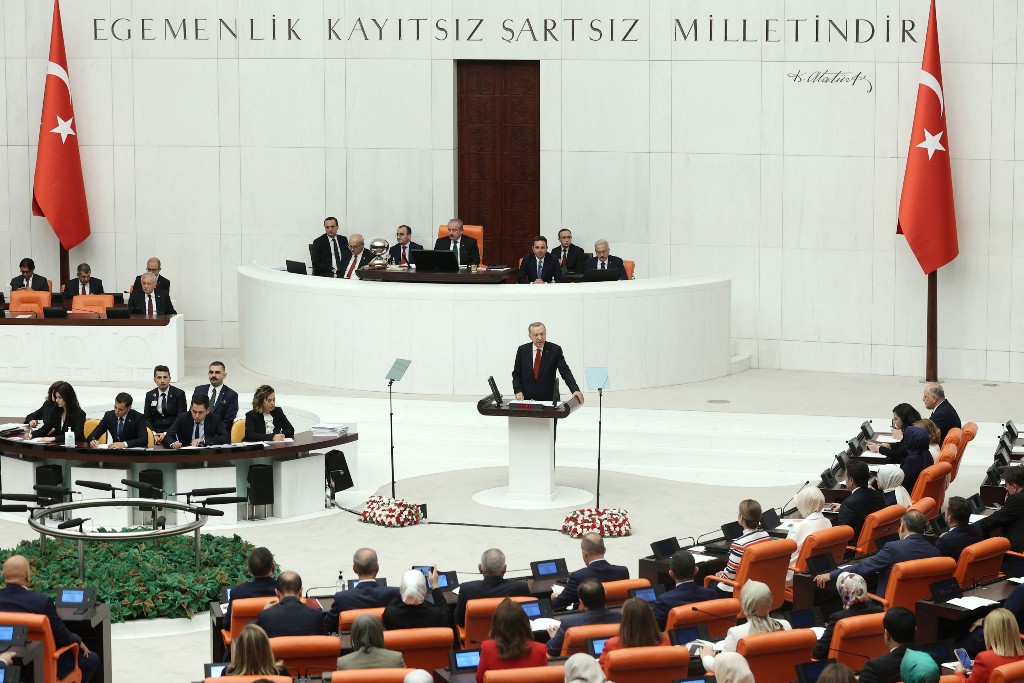Talking Heads – Looking to Turkey for some investing delight
This is an audio transcript of the Talking Heads podcast episode: Looking to Turkey for some investing delight
Daniel Morris: Hello and welcome to the BNP Paribas Asset Management Talking Heads podcast. Every week, Talking Heads will bring you in-depth insights and analysis on the topics that really matter to investors. In this episode, we’ll be discussing Turkey. I’m Daniel Morris, Chief Market Strategist, and I’m joined today from Istanbul by Huseyin Akar at TEB Asset Management, a subsidiary of BNP Paribas Asset Management. Welcome, Huseyin, and thanks for joining me.
Huseyin Akar: Hi, Daniel. Thank you for having me.
DM: I imagine that for a lot of our investors, investing in Turkey isn’t something they’re necessarily too informed about. When we think about emerging markets, China and India are probably foremost in our minds. When it comes to Turkey, people might be aware of the challenges the country is facing, some changes that have or will be taking place at the central bank and that geographic proximity to the war in Ukraine has to be a challenge for the economy. With that environment, what can you tell us about the macroeconomic outlook for Turkey?
HA: First of all, we believe that there is a strong investment case for Turkish assets because of robust domestic demand, a negligible international [debt] position and a sound and simplified monetary policy.
The Turkish economy has been in transition since last year’s presidential election. After a new economic team was appointed, the macroeconomic policy framework seems to have three priorities. First, to cull high inflation through tighter monetary and fiscal policies. Second, to reduce the current account deficit. And third, to rebuild the central bank’s foreign exchange (FX) reserves.
Turkey’s central bank has gradually raised its policy rate from 8.5% to 45% in six months. In addition to rate hikes, the central bank has signalled it will continue to implement quantitative tightening. High inflation stays in focus. Consumer price (CPI) [inflation] data showed 64.9% in January, with domestic demand still depreciating in nominal terms and services inflation still posting upward risks.
We expect the headline figure to rise to its peak at around 70% in May, then start to retreat thanks to tighter policies and the base effect. The course of monetary policy mostly depends on inflation this year. On the growth front, domestic demand is still the main driver. External demand was unstable, in line with decelerating European economies last year. European economies constitute 56% of Turkish exports. We estimate 2023 [GDP] growth to be around 4.5%.
However, the [government’s] economic management [team] is targeting restrained economic activities this year to cull inflation and the current account deficit. Lastly, we have seen a significant recovery in the central bank’s FX reserves: since the elections, total FX reserves have risen from USD 100 billion in June 2023 to USD 140 billion at the end of 2023. The central bank assigns a high importance to sufficient FX reserves to provide liquidity to markets if needed to offset the current account deficit if it occurs, and to reassure international investors.
The Turkish economy still has a way to go. We consider that, as time passes, the effects of the measures already taken should become more evident and investor interest in [Turkish] assets should expand further.
DM: In Turkey, you have mayoral elections coming up in March. On the macroeconomic front, there is a new governor at the central bank. When you take those changes into account, how do you see monetary and fiscal policy evolving in the months and quarters ahead?
HA: We don’t foresee a significant deviation in monetary policies. The new governor, Mr. Erkan, is a very respected economist with experience at global financial institutions such as the New York Fed. He was a deputy governor of the central bank and among the monetary policy committee members before his appointment.
Moreover, in the latest inflation report, he underlined that the central bank would maintain the necessary monetary tightness until inflation falls to the targeted levels and the central bank would be ready to act should there be any deterioration in the inflation outlook.
The central bank is aiming to reduce annual inflation to single digits in two years. In line with our inflation projections, we expect monetary policies to remain restrictive for an extended period. It is still too early to discuss monetary easing, as the governor stated in the inflation report.
On the other hand, local elections are to be held in March. The latest polls point to a very close race for the big cities. We assume fiscal policies might be tighter following the elections. In particular, primary expenditure might face strong discipline to support the fight against inflation. The Minister of Finance, Mr. Simsek, has vowed many times [he would] ensure permanent benign inflation levels. So, the harmony between monetary and fiscal policies becomes clear.
DM: At the beginning of the podcast, you said you are optimistic about the outlook for financial investments in Turkey this year. Can you give us a bit more detail about what some of the possible investment themes might be for Turkish assets?
HA: Global investor appetite has been increasing for emerging markets. The markets are pricing that big central banks like the US Federal Reserve, the ECB, and the BoE will start their rate cut cycles in the middle of this year. Therefore, global agents have been trying to be ready for a low interest rate environment and to find new opportunities.
We think that fund flows to emerging markets will be elevated and that Turkey’s share might be higher, especially in the second half of this year. The lagging effects of orthodox policies might make inflation, growth, and the current account more stable. This trend is likely to encourage both local and global investors to invest in assets. Hence, we firmly expect a real appreciation of our currency this year. In the latest monetary policy meeting, the central Bank emphasised that the tight monetary stance would continue to contribute to the Turkish lira’s real appreciation.
Falling inflation expectations and a tight fiscal stance are among main drivers. The Turkish equity market has positively decoupled from [other] markets. For two years, local investors have tended to [use the] local equity market to hedge against high inflation. We expect a greater contribution from global investors this year. The foreign share of the local equity market is 36%. That was around 65% five years ago. We have many robust cases for carrying this ratio higher again; earnings reports and the multiples of companies seem supportive for this framework.
DM: Hussein, thank you very much for joining me.
HA: Thank you. It’s my pleasure.
This presentation includes a discussion on current market events and is not intended as investment advice or an offer of products or services by BNP Paribas Asset Management. Please keep in mind that the information and analysis in this presentation is only current as of the publication date.



